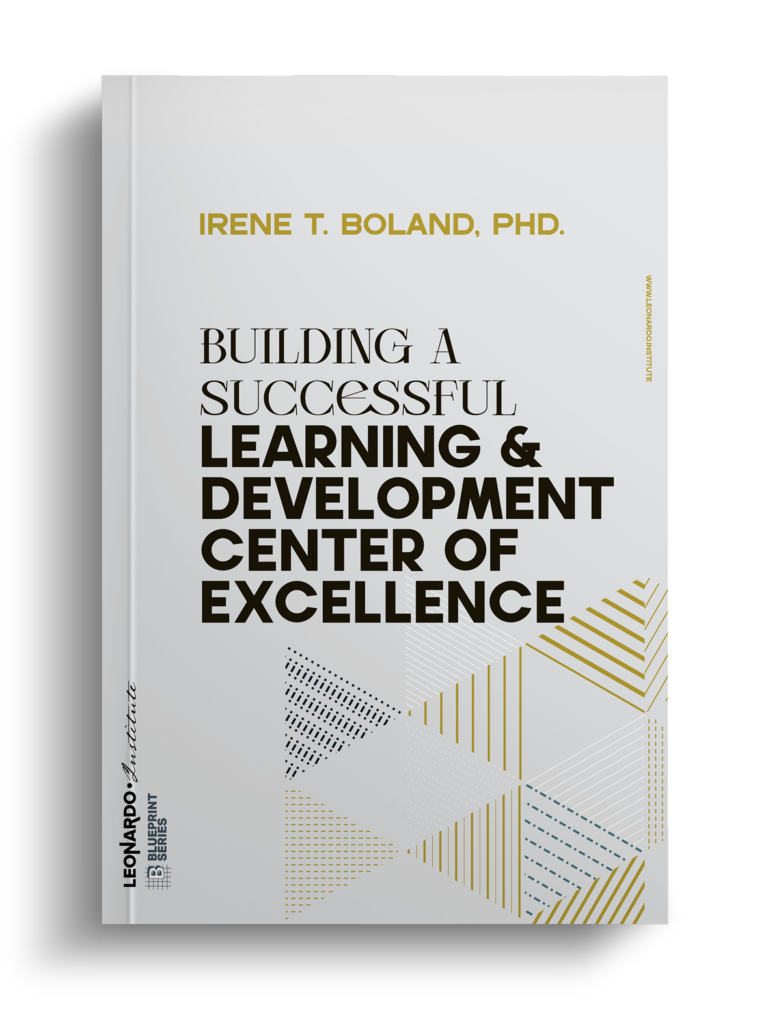Subject matter experts (SMEs) can provide invaluable insights for a project. Their specialized knowledge and real-world experience bring unique value. However, experts are often very busy people. It takes intention and effort to secure their time and have a productive conversation. Follow these tips to set up productive SME discussions.
Secure a warm introduction
First, don’t cold call or email the expert yourself unless you already have a relationship with them – and you know they are well-informed advocates of your project. Have someone of equal or higher rank reach out initially. This might be your manager, the project lead, or another senior leader. Have them explain why the SME’s input would be specifically helpful to the project. They should share enough specifics about the project to help the SME understand why their perspective is important to the success of the project. They should let the SME know you’ll be following up to schedule a discussion.
Caution: Call these meetings discussions or conversations, but not interviews. For some people calling it an interview may make them feel that their job is at risk.
Set the appointment
If you are able to see the expert’s calendar, try to pick a day where they do not already have a large amount of meetings. Keep their time zone in mind, and don’t schedule over the top of another meeting. In the invitation briefly recap the context so it’s fresh in their mind. Express enthusiasm for the chance to learn from them. Only schedule the amount of time you can justify – typically not longer than 30 minutes. Let them know that if the time you’ve selected does not work for them, they can provide 2-3 other options for meeting times.
With a limited amount of time, it’s critical to ask purposeful, focused questions
Note: Keep discussions one-to-one
Initial discussions with senior leaders should be one-on-one conversations rather than including additional participants. Private conversations enable leaders to share more candid perspectives without concern for politics or peer judgement. Leaders can think aloud freely without pressure for polished messaging. In a group discussion, people tend to censor themselves and one dominant voice can mean missing out on useful perspectives from those who stayed quiet.
Prepare for the Discussion
Research the expert’s background, publications, projects, etc. This allows informed, tailored questions.
With a limited amount of time, it’s critical to ask purposeful, focused questions. To evaluate whether a question is worth asking, you can subject it to some evaluative questions: What am I asking? Why am I asking it? What do I anticipate I’ll hear? What will I do with the information I hear?
This quick evaluation will help you determine if a particular question is a good use of your time. If you don’t know why you would ask it, what valuable information it might provide, or what action you might be able to take based on that information – it might not be worth asking.
To share or not to share?
You’ll need to decide if you want to share the questions in advance. There are benefits (the SME can think on them in advance) and drawbacks (out of context, they could be misinterpreted or shared onward to others who were not meant to see them).
Conducting the discussion
Start the conversation with each leader by explaining the reason for the meeting and expressing appreciation for their participation. Be sure that your opening does not take very long. You have a limited time with this leader and what they have to say is the most important part of the conversation.
Give your full attention to what your SME is saying instead of thinking about what you’ll say next. Don’t be afraid to probe more deeply if they touch on something intriguing. Saying things like “Could you tell me more about that?” or “What experience led you to that approach?” can uncover valuable insights.
Tailor follow-up questions based on what the SME emphasizes. Let their responses guide the conversation rather than sticking to a rigid script. Take copious notes and summarize your understanding back to them regularly to ensure you are capturing their perspective accurately.
As you are concluding the discussion, thank them for sharing their insights, invite them to reach out to you again if they think of anything else they’d like to share.
After the Discussion
It’s a good practice to send a follow up thank you to the SME. If you are meeting with a number of SMEs, start aggregating and organizing your notes after the first discussion and continue revising them after each new discussion.
Post-discussion, share thanks and next steps for incorporating their input. Offer to follow up if more questions arise while reviewing your notes. Send a thank you message recapping their contribution.
Securing SME guidance takes forethought and effort. But it’s worth it. Their specialized expertise provides invaluable direction otherwise unattainable. With care and intention, you can gain illuminating insights from expert conversations.


